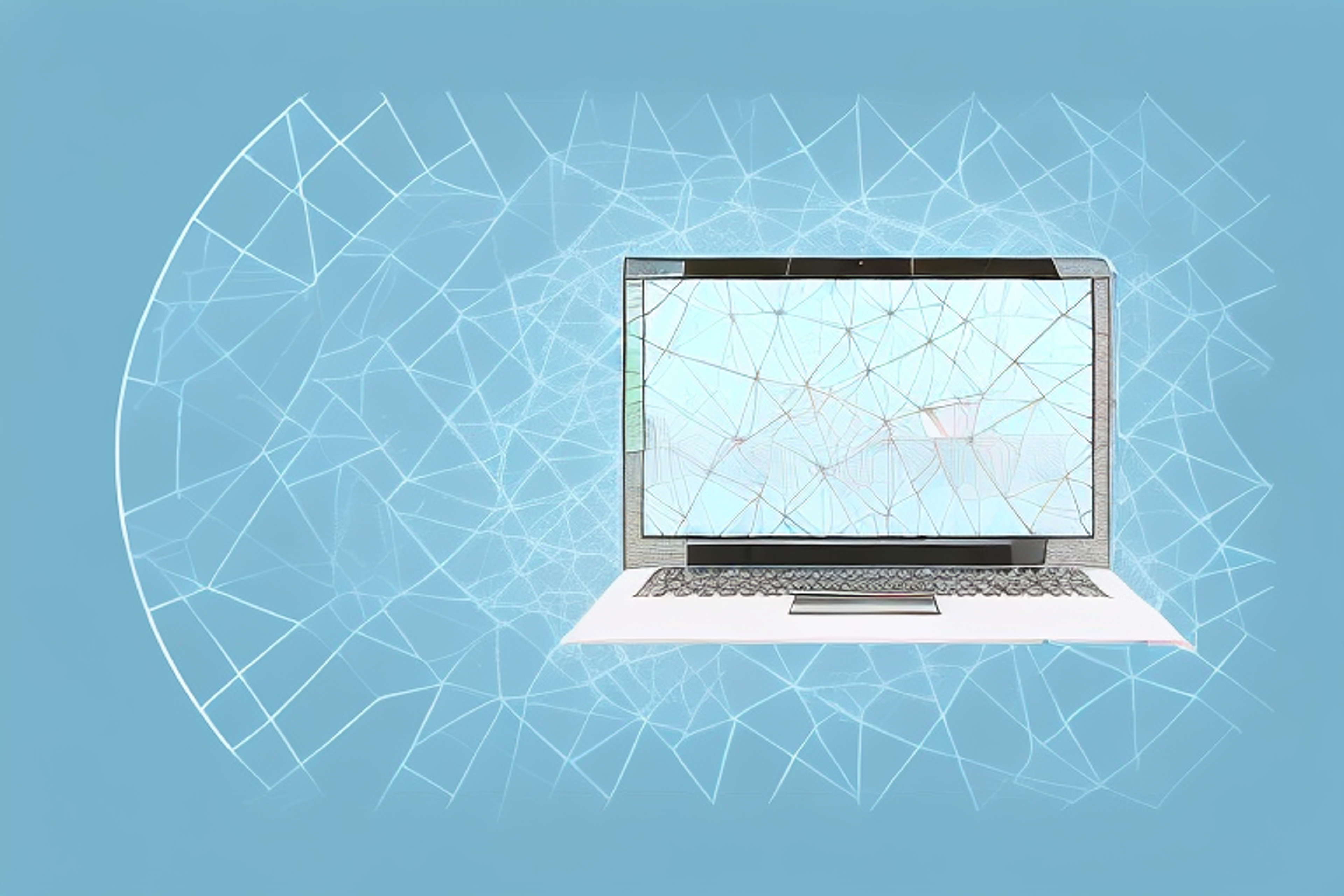Beyond Buzzfeed: How Can a Personality Test Affect Your Career Options?
Discover the impact of personality tests on your career options in this insightful article.
Posted April 3, 2025

Table of Contents
Personality tests have become a ubiquitous tool in today’s job market. Companies rely heavily on these tests to screen and hire new employees, while individuals use them to gain insights into their personality traits and how they may align with certain jobs. However, with so many different types of personality tests available, it can be overwhelming for job seekers to determine which ones are right for them. In this article, we will explore the science behind personality tests, the different types available, and how they can affect your career options.
Understanding the Purpose of Personality Tests in the Workplace
Before delving into the specifics of personality tests, it is important to understand their purpose in the workplace. Generally, personality tests aim to assess an individual's behavioral traits, aptitudes, and interests. Employers use the results of these tests to determine whether a candidate is a suitable fit for a particular job role, thus improving their hiring decisions. Personality tests can also help identify strengths and weaknesses in the current workforce, which can inform employee development programs.
Moreover, personality tests can aid in creating a more diverse and inclusive workplace. By identifying different personality types and traits, employers can ensure that they are hiring individuals with a range of perspectives and approaches to work. This can lead to a more collaborative and innovative work environment, as well as a better understanding of how to effectively communicate and work with colleagues who may have different working styles.
The Science Behind Personality Tests: What Makes Them Effective?
Personality tests are typically based on well-established psychological principles. Test developers base their assessments on the five-factor model of personality, which includes the following traits: openness to experience, conscientiousness, extraversion, agreeableness, and neuroticism. Assessing these traits can help predict job performance and allows companies to tailor their selection processes.
However, it is important to note that personality tests are just one part of the selection process and should not be the sole factor in hiring decisions. Companies should also consider factors such as skills, experience, and company culture fit.
Moreover, personality tests can also be used for personal development and self-awareness. By understanding their own personality traits, individuals can identify their strengths and weaknesses and work on improving themselves. Personality tests can also help individuals understand their communication style, decision-making process, and leadership style, which can be useful in both personal and professional settings.
The Different Types of Personality Tests and Their Benefits
There are several types of personality tests available, each with a unique focus and format. Some of the most common include the Myers-Briggs Type Indicator (MBTI), the Big Five, and DISC. The MBTI assesses a candidate’s personality type, which is based on four dichotomies — extraversion vs. introversion, sensing vs. intuition, thinking vs. feeling, and judging vs. perceiving. The Big Five measures the five-factor model of personality mentioned above, while DISC focuses on behavior styles.
Knowing the type of personality test a company uses can help job seekers prepare effectively. Preparing for these types of tests can help identify personal strengths and weaknesses, and enable candidates to answer questions accurately.
It is important to note that personality tests are not foolproof and should not be the sole basis for hiring decisions. However, they can provide valuable insights into a candidate’s potential fit within a company culture and job role. Additionally, personality tests can be useful for personal development and self-awareness, allowing individuals to better understand their own strengths and weaknesses and how they can improve in various areas of their lives.
How to Choose the Right Personality Test for Your Career Goals
Choosing the correct type of personality test can be challenging. Therefore, it is necessary to understand the format and purpose of each test. Some candidates may fare better on tests targeting behavioral styles or preferences, while others may need to opt for more comprehensive assessments. It is essential to research and understand an employer's selection process, as it can help determine the most relevant test.
Additionally, it is important to consider the credibility and validity of the personality test. Look for tests that have been developed by reputable organizations and have undergone rigorous testing to ensure accuracy. It is also crucial to keep in mind that personality tests should not be the sole determining factor in career decisions. They should be used as a tool to gain insight into your strengths and weaknesses and to help guide your career path.
Debunking Common Myths About Personality Tests in Hiring
There are several misconceptions about the role of personality tests in the hiring process. Some people believe these tests are designed with a particular outcome in mind, important factors in the selection process or that they may exclude certain groups of people. However, these are all myths. A reputable employer will use a personality test to help make better-informed hiring decisions. It is important for employers to communicate openly about their selection process, which can help to alleviate any concerns or anxiety job seekers may feel.
One of the benefits of using personality tests in hiring is that they can help to identify candidates who are a good fit for the company culture. This is important because employees who fit well with the company culture are more likely to be engaged and productive. Personality tests can also help to identify potential areas of conflict between employees, which can be addressed before they become a problem.
It is important to note that personality tests should not be the only factor in the hiring decision. They should be used in conjunction with other selection methods, such as interviews and reference checks. Additionally, employers should ensure that the personality test they use is valid and reliable, and that it has been properly validated for use in the hiring process.
The Impact of Personality Test Results on Job Offers and Promotions
Personality test results may impact an individual's career trajectory. If job seekers take the right personality tests and communicate the results effectively, they may be more likely to be selected for a job or promoted within their current role. Personality tests can be used to identify the best fit for an employer and employee, allowing both parties to better understand expectations.
However, it is important to note that personality tests should not be the sole determining factor in hiring or promoting an individual. Other factors such as experience, skills, and qualifications should also be taken into consideration. Additionally, some personality tests may not accurately reflect an individual's true personality or may be biased towards certain traits.
Furthermore, the use of personality tests in the hiring process has been a topic of debate and controversy. Some argue that it can lead to discrimination and bias, while others believe it can provide valuable insights into an individual's work style and potential for success in a particular role. It is important for employers to use personality tests ethically and responsibly, and to ensure that they are not used to unfairly exclude qualified candidates.
Using Personality Test Results to Improve Job Satisfaction and Performance
Personality tests can not only inform the hiring process but also be used to help employees understand their strengths and weaknesses. This information allows individuals to manage their career path and make better-informed decisions. For instance, personality results may help job seekers to pursue specific training or education programs.
The Importance of Interpreting Personality Test Results Accurately
Interpreting personality test results can be challenging, and it is important to do so accurately. Additionally, equal consideration should be given to any concerns raised about test validity or reliability. Employers must ensure that the tests used are carried out properly and that the results are used appropriately, emphasizing the importance of accuracy and clarity.
Overcoming Challenges and Biases When Taking a Personality Test
Personality tests may encounter certain challenges and biases when interpreting results. All companies must consider whether their testing and hiring process may be biased unwittingly or otherwise. For example, test-takers may be required to sit for long periods, affecting interpretations. It is vital for companies to keep these considerations in mind and make changes aimed at improving the testing process where necessary.
How Companies are Using Personality Tests for Recruitment and Employee Development
Companies are increasingly using personality tests in their hiring process, and with good reason — it improves their selection processes. Tests can also foster team-building by identifying individuals with specific skills or strengths. The tests further allow employers to focus on employee development programs, give feedback, and help ensure employee personal growth.
Best Practices for Incorporating Personality Tests into Your Career Planning
Personality tests can be beneficial for those considering a career change, or for those just starting their careers. However, it is important to remember that these tests do not account for every aspect of personality and should be incorporated into a holistic approach. Job seekers should use the results of personality tests to identify suitable career paths and to know their strengths better. By understanding these strengths, it becomes easier to target opportunities that align with these traits.
Personality tests are increasingly becoming a popular tool in the recruitment and employee selection process. They can help improve hiring decisions, foster teamwork, and develop employee potential. Job seekers can use the results of these tests to identify their strengths and weaknesses and understand which career paths will be most suitable. Thus, understanding the different types of personality tests available and choosing the right test to align goals can help candidates to take the right steps towards their career objectives.












